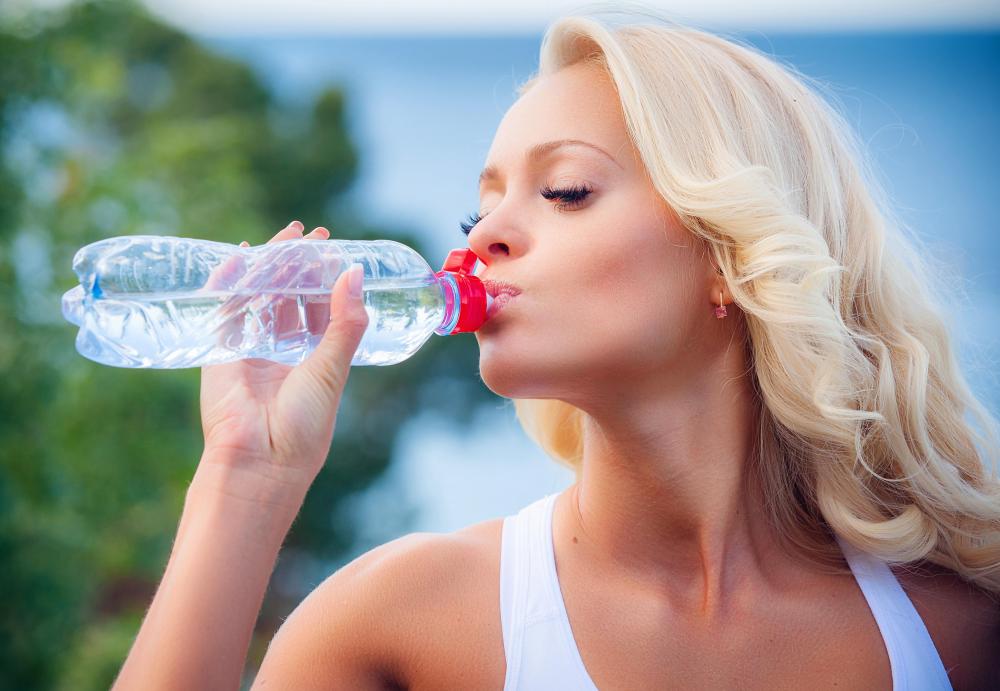At WiseGEEK, we're committed to delivering accurate, trustworthy information. Our expert-authored content is rigorously fact-checked and sourced from credible authorities. Discover how we uphold the highest standards in providing you with reliable knowledge.
What is Food Product Liability?
Product liability is an area of the law that falls within the purview of tort, or injury, law. Although the requirements for finding a defendant liable for an injury under product liability law may vary throughout the world, the basic concept remains the same—protection for consumers from defective products. Food product liability is a subsection within the area of product liability. When a manufacturer, distributor, or retailer sells a food product that is defective and the product injures a victim, then the laws of food product liability may provide a legal mechanism for the victim to receive compensation for those injuries.
In many European countries, food product liability is a strict liability tort. All the plaintiff must prove is that the defendant's product caused the plaintiff's injuries. Within the United States, however, a plaintiff must show one of three conditions in order to win a food product liability case: a design defect, a manufacturing defect, or a failure to warn. If a plaintiff, or victim, is able to show that a food product caused his or her injuries, then he or she may be able to collect compensation for his or her injuries.

A design defect is something that shows up in all of the products manufactured. It is often thought as an intentional design, not because it was intentionally defective, but because it was intended to be part of the design of the product. In food products, a design defect is most likely to show up in the design of the packaging or in the combination of ingredients in prepared food.

Manufacturing defects are far more common in food product liability cases. A manufacturing defect only occurs in a percentage of the product manufactured. When something goes awry during the manufacturing process that causes the product to be defective and, therefore, cause injuries, it is then considered a manufacturing defect case. In food products, foreign substances can occasionally be unintentionally introduced into the food during manufacturing or packaging, which causes the end-line consumer to become sick when he or she eats the food.
A claim for failure to warn may also apply to food product liability cases. Some products are inherently dangerous regardless of efforts by the manufacturer to reduce the risks to consumers. For inherently dangerous products, the legal requirement is that the consumer be properly warned of the dangerous nature of the product. Due to the widely known risks of certain food allergies, restaurants and vendors of prepared food are frequently held liable if they do not inform consumers of the presence of certain foods and the risks of an allergic reaction.
AS FEATURED ON:
AS FEATURED ON:












Discuss this Article
Post your comments